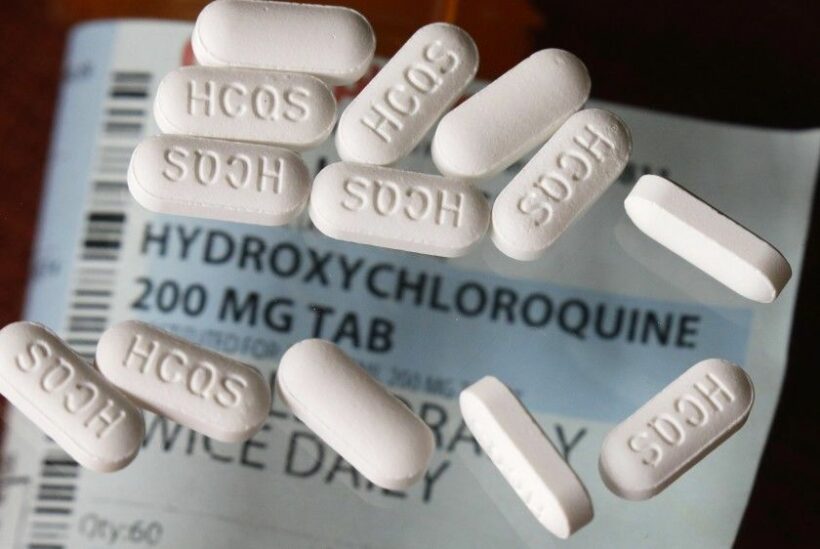Study finds no benefit from hydroxychloroquine for Covid-19 treatment

“The experiments and report has limitations, but adds to growing doubt over the efficacy of the drug.”
There was plenty of hype, even shared by the US President. But a study published yesterday, the biggest of its kind to date, found no benefit from a malaria drug earlier touted as a potential treatment for Covid-19. It ended up being associated with more deaths than lives saved.
The US government-funded analysis of how American military veterans responded to hydroxychloroquine was posted on a medical website but has not yet been peer reviewed.
On April 7 US President Trump threatened Indian politicians that the US could “retaliate” if India does not release stocks of a drug he has called a “game-changer” in the fight against Covid-19. This was the day after India banned the export of hydroxychloroquine, which it manufactures in large quantities.
The experiments and report has limitations, but adds to growing doubt over the efficacy of the drug heavily promoted by US President Donald Trump and news channel Fox News.
Researchers analysed medical records of 368 veterans hospitalised nationwide in the US, who either died or were discharged by April 11. Death rates for patients on hydroxychloroquine were 28%, compared to 22% when it was taken with the antibiotic azithromycin, a combination favoured by French scientist Didier Raoult, whose March study triggered a global surge of interest in the drug.
The death rate for those receiving only standard treatment without the drugs was 11%.
With or without azithromycin, hydroxychloroquine was more likely to be prescribed to patients with more severe symptoms, but the study found that the higher mortality rate persisted even after statistically adjusting for higher rates of use.
Other limitations include that the study did not assign people randomly to groups, because it was a retrospective analysis meaning it was a review of what had already happened.
The results are hard to generalise because the population, US military veterans, was highly specific: most were male, over 65, and black, a group that’s been disproportionately affected by underlying illnesses like diabetes and heart disease.
Previous research has found the medicine risky for patients with certain heart rhythm issues, and has side effects listed as blackouts, seizures or in the worst case, even cardiac arrest.
Hydroxychloroquine and a related compound chloroquine have been used for decades to treat malaria, lupus and rheumatoid arthritis.
They have received significant attention during the Covid-19 pandemic and have been shown in lab settings to block the virus from entering cells and prevent it replicating. But in the pharmaceutical world, “in vitro” promises often fail to translate into “in vivo” or real life success.
The final answer can only be determined through very large, randomised clinical trials that assign patients to receive either the drug under investigation or a placebo.
SOURCE: AFP
Latest Thailand News
Follow The Thaiger on Google News:


























